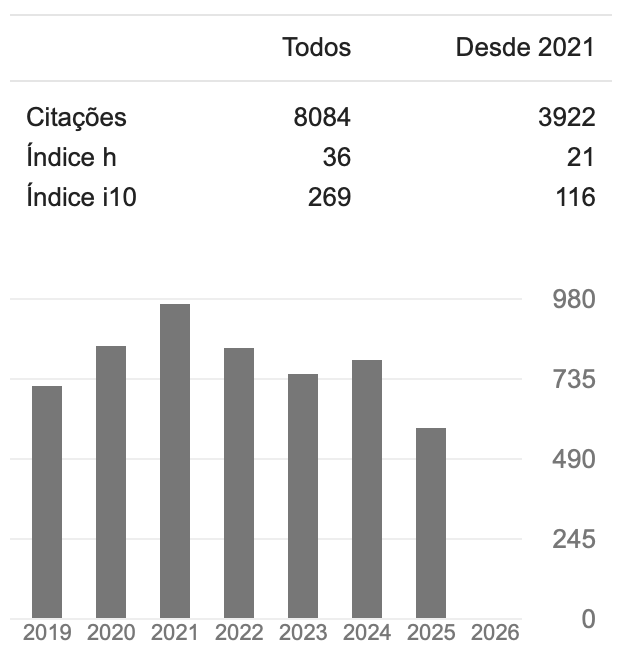OCCURRENCE OF CONGENITAL SYPHILIS AND ITS PREVALENCE IN PREGNANT WOMEN IN A MUNICIPALITY IN THE NORTHWESTERN REGION OF THE STATE OF PARANÁ, BRAZIL
DOI:
https://doi.org/10.17765/1983-1870.2016v9n3p517-524Keywords:
Pregnancy, Syphilis, congenital, Epidemiological surveillanceAbstract
The prevalence of syphilis in pregnant women in Nova Esperança PR Brazil, between 2013 and 2014 and the occurrence of congenital syphilis reported during the same period in the town are investigated by a descriptive and retrospective analysis. Data were retrieved from pregnant women´s clinical charts in which were included Venereal Disease Research Laboratory tests during the prenatal follow-up and compulsory reports for congenital syphilis from the town´s epidemiological sector. Thirty-six cases of pregnancy syphilis and five cases of congenital were registered. All patients had a prenatal follow-up and only one patient was diagnosed with pregnancy syphilis at birth. Results demonstrate a rise in the prevalence of congenital syphilis in Nova Esperança between 2013 and 2014. Assessment of all pregnant women with syphilis during the prenatal period showed that 13.9% failed to have a satisfactory treatment and the etiological agent caused fetal infection. Comparison of results of current study with data for Brazil revealed a detection rate of 7.5 cases of pregnancy syphilis for every 1000 live births, whereas a rate of 4.8 cases per 1000 live cases of congenital syphilis occurred during the same year. Results reveal weak points in the care and prevention of syphilis. Health professionals should actively participate in the disease´s prevention and follow-up.Downloads
Download data is not yet available.
Downloads
Published
2017-03-29
How to Cite
Boni, S. M., & Pagliari, P. B. (2017). OCCURRENCE OF CONGENITAL SYPHILIS AND ITS PREVALENCE IN PREGNANT WOMEN IN A MUNICIPALITY IN THE NORTHWESTERN REGION OF THE STATE OF PARANÁ, BRAZIL. Saúde E Pesquisa, 9(3), 517–524. https://doi.org/10.17765/1983-1870.2016v9n3p517-524
Issue
Section
Artigos Originas - Promoção da Saúde
License
A submissão de originais para a revista Saúde e Pesquisa implica na transferência da Carta Concessão de Direitos Autorais, pelos autores, dos direitos de publicação digital para a revista após serem informados do aceite de publicação.A Secretaria Editorial irá fornecer da um modelo de Carta de Concessão de Direitos Autorais, indicando o cumprimento integral de princípios éticos e legislação específica. Os direitos autorais dos artigos publicados nesta revista são de direito do autor, com direitos da revista sobre a primeira publicação. Os autores somente poderão utilizar os mesmos resultados em outras publicações, indicando claramente a revista Saúde e Pesquisa como o meio da publicação original. Em virtude de tratar-se de um periódico de acesso aberto, é permitido o uso gratuito dos artigos, principalmente em aplicações educacionais e científicas, desde que citada a fonte. A Saúde e Pesquisa adota a licença Creative Commons Attribution 4.0 International.
A revista se reserva o direito de efetuar, nos originais, alterações de ordem normativa, ortográfica e gramatical, com vistas a manter o padrão culto da língua e a credibilidade do veículo. Respeitará, no entanto, o estilo de escrever dos autores. Alterações, correções ou sugestões de ordem conceitual serão encaminhadas aos autores, quando necessário. Nesses casos, os artigos, depois de adequados, deverão ser submetidos a nova apreciação. As opiniões emitidas pelos autores dos artigos são de sua exclusiva responsabilidade.

















